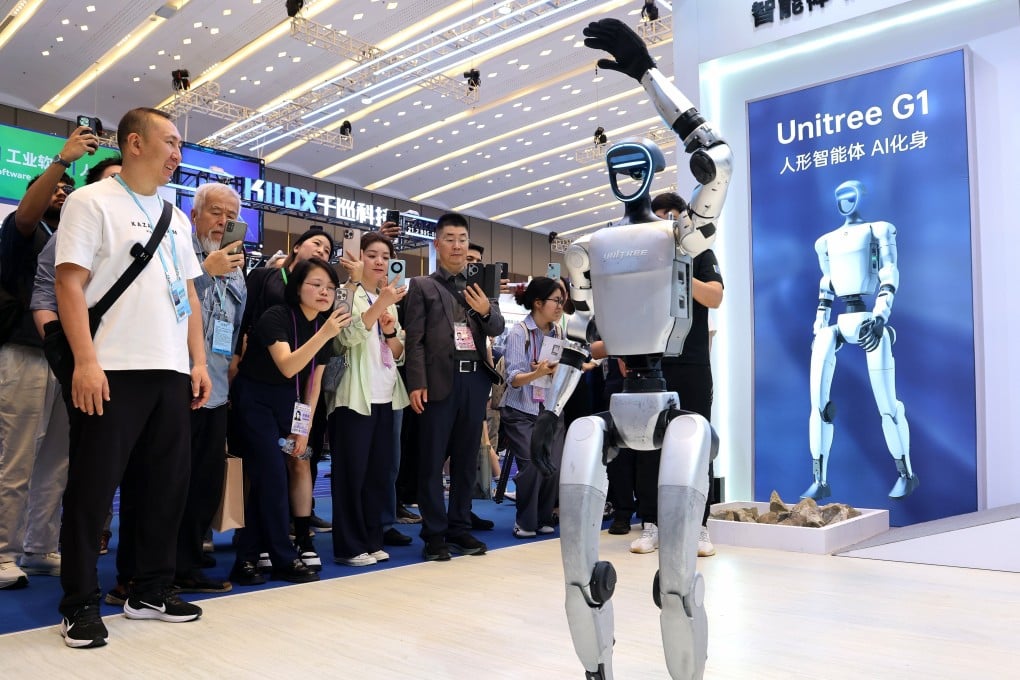Articles in this Cluster
24-04-2025
China dismissed President Trump’s suggestion of substantially lowering U.S. tariffs on Chinese goods, demanding instead that all tariffs be removed and denying any ongoing negotiations. Chinese officials and government-linked scholars view Trump’s shift as driven by U.S. market turmoil and domestic pressure, questioning his reliability and signaling Beijing is in no rush to deal. Social media in China mocked the apparent softening as “chickening out,” while some experts—often censored—warn the prolonged tariff standoff risks deepening China’s economic woes. Trump’s change in tone followed meetings with major U.S. retailers worried about economic fallout, and reports indicated tariffs could drop from 145% to 50–65%, a level Chinese analysts say is insufficient to bring Beijing to the table.
Entities: China, Donald Trump, U.S. tariffs, Beijing, Chinese officials • Tone: analytical • Sentiment: negative • Intent: inform
24-04-2025
Hangzhou, dubbed China’s Silicon Valley, is experiencing a surge in tech innovation and confidence despite U.S. tariffs and export controls. Supported by pro-startup local policies, abundant engineering talent, and institutions like Zhejiang University, the city fosters rapid growth for companies from AI hardware to medical diagnostics. Flagship success DeepSeek has boosted national pride by releasing a low-cost, high-performing open-source AI model and earning recognition from China’s leadership, signaling a renewed embrace of tech as an economic pillar. While U.S. restrictions pose challenges—especially for exporters—entrepreneurs in Hangzhou remain defiant, arguing pressure will accelerate domestic innovation. The broader Chinese economy still faces headwinds, but the city’s fast-moving tech scene is poised to shape global markets.
Entities: Hangzhou, China, Zhejiang University, DeepSeek, U.S. tariffs • Tone: analytical • Sentiment: positive • Intent: inform
24-04-2025
Chinese social media users are heavily trolling the Trump administration with AI-generated memes, songs, and videos, mocking President Trump, Vice President JD Vance (“eyeliner man”), Secretary of State Marco Rubio, and Elon Musk. Content riffs on Cultural Revolution imagery and satirizes policies like steep tariffs and remarks such as Vance’s “Chinese peasants” comment. The trend reflects shifting Chinese perceptions of the U.S., offering propaganda fodder for Beijing while giving liberal-leaning creators an outlet safer than criticizing Xi Jinping. Some posts are being censored, but impersonators and satirists remain popular, with trolling enabled by fewer restrictions on mocking foreign leaders than domestic ones.
Entities: Donald Trump, JD Vance, Marco Rubio, Elon Musk, Chinese social media • Tone: analytical • Sentiment: neutral • Intent: analyze
24-04-2025
China’s state-owned Economic Daily warned that pervasive “involution” (neijuan)—a self-defeating cycle of excessive competition—is undermining the country’s long-term economic competitiveness. It urged local governments and businesses to shift from short-term gains to sustainable growth. The paper criticized local authorities for unsustainable incentives (tax breaks, subsidies) that raise debt and risks, and businesses for destructive price wars, weak differentiation, and short-termism that stifle innovation, waste resources, and erode industry competitiveness.
Entities: Economic Daily, involution (neijuan), China, local governments, businesses • Tone: analytical • Sentiment: negative • Intent: warn
24-04-2025
Chinese toy maker Pop Mart is raising U.S. prices for its popular Labubu series to $28 from $22 and launching the new Labubu 3.0 globally at 99 yuan in China, as it seeks to protect margins amid U.S.-China tariff uncertainty. The company is also shifting more production to Vietnam. Analysts say Pop Mart’s positioning as a high-end brand for adult buyers gives it pricing power, and it may increase prices on existing collections if tariffs bite further.
Entities: Pop Mart, Labubu, United States, China, Vietnam • Tone: analytical • Sentiment: neutral • Intent: inform
24-04-2025
Chinese robot makers at the Canton Fair report strong global demand despite escalating US-China tariffs, citing limited foreign alternatives and unique, patent-heavy products. Dolphin Robot Technology, showcasing a fifth-generation robotic café system with nearly 100 patents, secured 8 million yuan in orders in two days. Founder Han Zhaolin says they aren’t absorbing tariffs or cutting prices because US and other buyers have “rigid demand,” with no comparable products from the US, Germany, or Japan, and South Korean options costing roughly twice as much. This scarcity advantage leaves Chinese suppliers largely unfazed by higher US duties.
Entities: Chinese robot makers, US tariffs, Canton Fair, Dolphin Robot Technology, Han Zhaolin • Tone: analytical • Sentiment: neutral • Intent: inform
